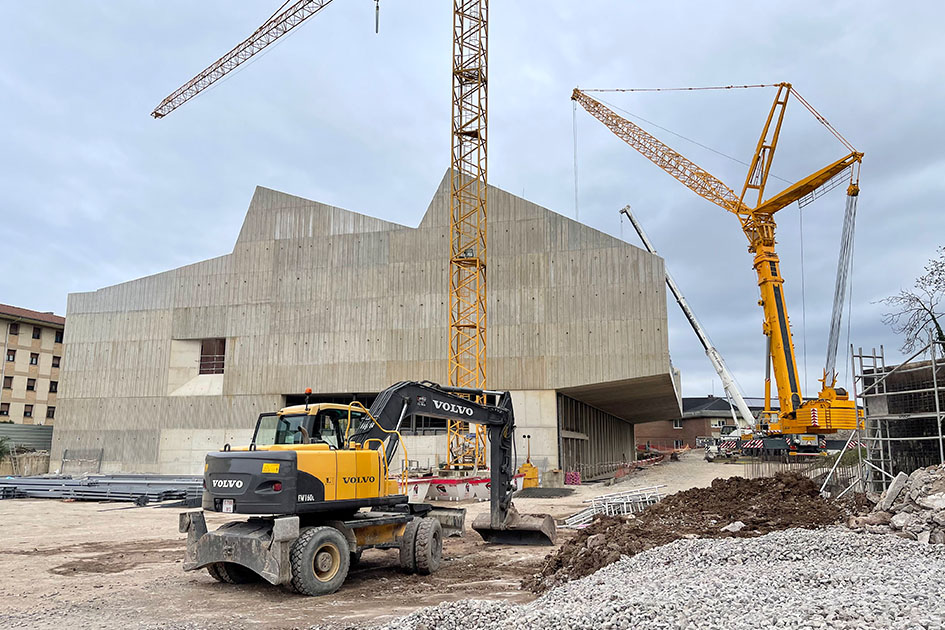The Importance of Sustainable Infrastructure in Urban Development
In a world that is increasingly aware of environmental impact, the construction of sustainable infrastructure has gone from being an option to becoming a necessity. Infrastructure, whether roads, bridges or sanitation networks, plays an essential role in economic and social development, but it is also responsible for a significant portion of resource consumption and pollutant emissions.
Sustainability in infrastructure construction seeks to balance current needs without compromising future generations.
This approach involves using durable and recyclable materials, optimising energy consumption and reducing waste generated during project implementation. For example, the use of advanced technologies, such as sustainable concrete and efficient urban drainage systems, minimises environmental impact and improves the long-term efficiency of infrastructure.

Benefits of Sustainable Infrastructure:
- Reduced environmental impact: Lower consumption of energy, water and natural resources.
- Durability and optimised maintenance: Using high-quality materials extends the useful life of the infrastructure, reducing long-term costs.
- Adaptation to climate change: Infrastructure that is more resilient to extreme weather events, such as torrential rain or high temperatures.
- Greater energy efficiency: Efficient lighting systems and traffic management technologies contribute to reducing emissions.
Furthermore, sustainable infrastructure not only generates ecological benefits, but is also key to attracting investment, improving the quality of life of the population and meeting the environmental objectives set by the European Union.
At MASERF, we work on public and private infrastructure projects with a sustainable approach, implementing innovative solutions that respect the environment and guarantee lasting results. Discover how our services can contribute to the sustainability of your project.
